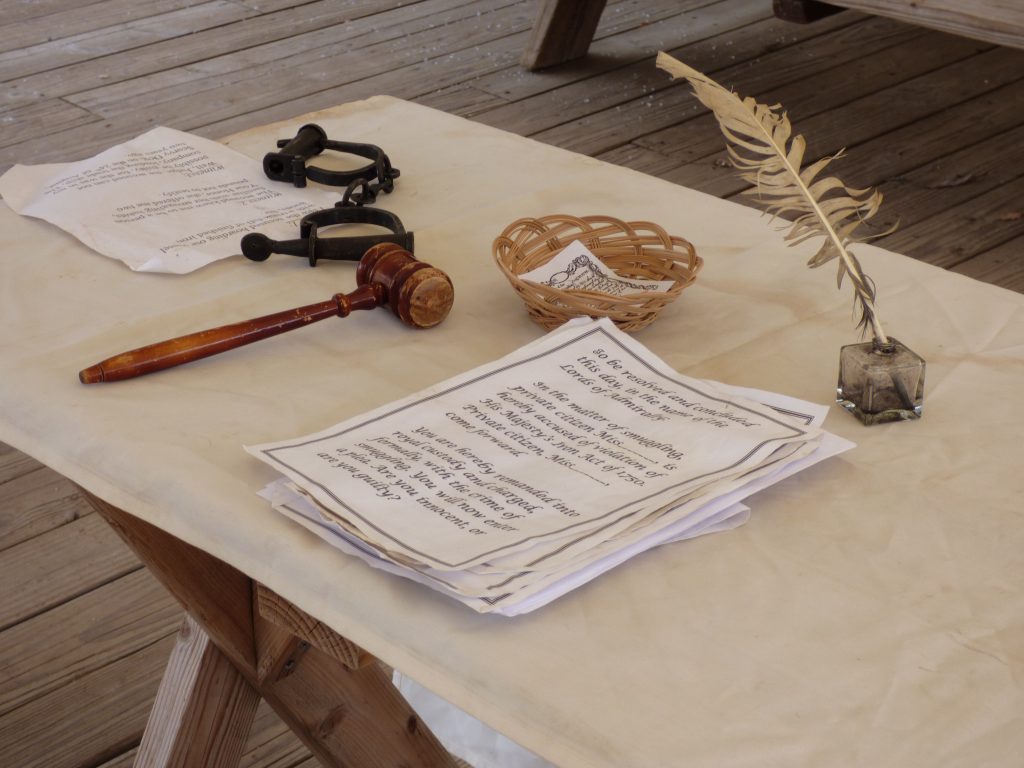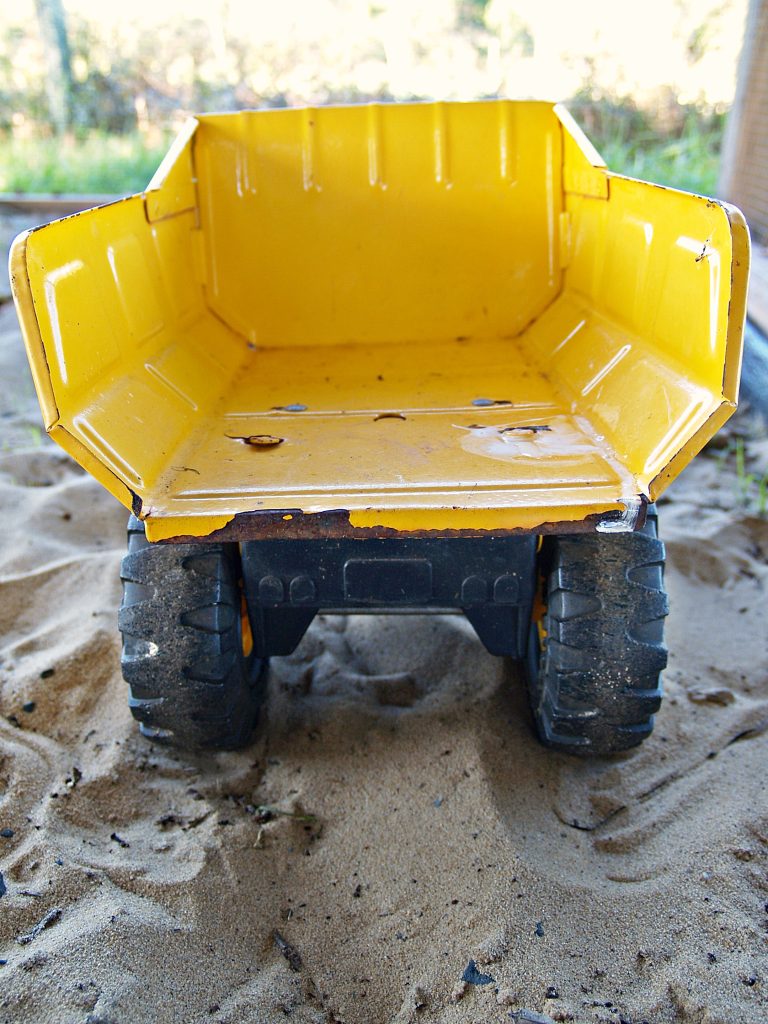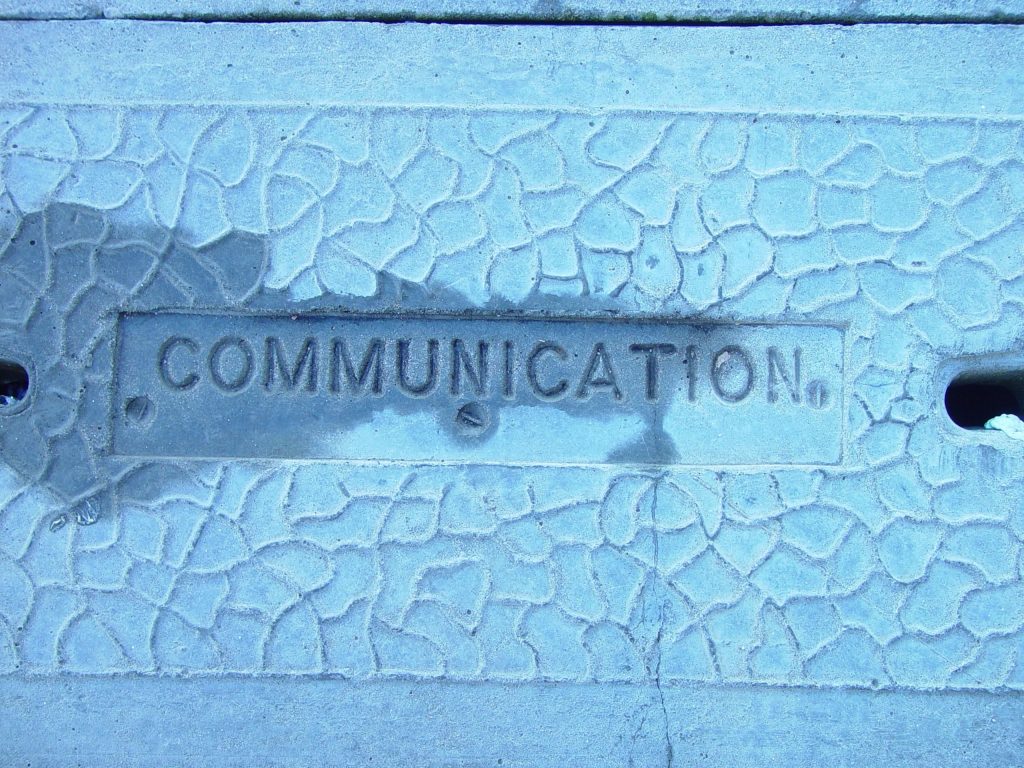 In the aftermath of a tragic situation, such as the death of a child, the last thing you might want to consider are insurance policies and legal requirements. However, it is essential to understand how courts determine whether an individual was covered by a specific insurance policy so that you know who might be liable for your losses. This is especially important when the accident involves a vehicle used both commercially and personally.
In the aftermath of a tragic situation, such as the death of a child, the last thing you might want to consider are insurance policies and legal requirements. However, it is essential to understand how courts determine whether an individual was covered by a specific insurance policy so that you know who might be liable for your losses. This is especially important when the accident involves a vehicle used both commercially and personally.
Jamie and Ericka Myers found themselves in a tragic situation after Brad Welch hit and killed their six-year-old son, Tyler, as Welch was turning into his house’s driveway. The Myers filed a lawsuit against Welch, his employer, Valentine & Leblanc, and Security National Insurance. Valentine & Leblanc insured the car that hit Myers’ son, although Welch owned the vehicle personally.
The Myers brought claims for themselves, their deceased son, and their twelve-year-old son Peyton. After a successful mediation, the court dismissed the claims against Welch, Valentine & Leblanc, and Security National Insurance. The Myers added AIG Specialty Insurance Company as a defendant as Valentine & Leblanc had a commercial umbrella liability insurance policy from them. AIG Specialty Insurance Company then filed a summary judgment motion, arguing that Welch was not in the course or scope of his employment with Valentine & Leblanc when the accident occurred and therefore was not covered by the at-issue insurance policies. The trial court granted summary judgment in favor of AIG Specialty Insurance Company, holding that Welch was not an “additional insured” under the at-issue insurance policy.
 Louisiana Personal Injury Lawyer Blog
Louisiana Personal Injury Lawyer Blog


 If an individual suffers from chronic pain or a preexisting injury, it may be challenging to prove additional injury due to a car accident. Proving these additional injuries, however, is crucial for collecting damages or compensation for medical bills following the accident. The following Lafayette Parish case shows how a plaintiff may prove a causal link between the car accident and their injuries.
If an individual suffers from chronic pain or a preexisting injury, it may be challenging to prove additional injury due to a car accident. Proving these additional injuries, however, is crucial for collecting damages or compensation for medical bills following the accident. The following Lafayette Parish case shows how a plaintiff may prove a causal link between the car accident and their injuries.  Exposure to naturally occurring radioactive materials generally increases due to human activity. Proving harm from these activities may be difficult, however. The following Jefferson Parish case demonstrates the need for substantiating your injury claim with evidence. It further shows the weight a court may place on expert witnesses.
Exposure to naturally occurring radioactive materials generally increases due to human activity. Proving harm from these activities may be difficult, however. The following Jefferson Parish case demonstrates the need for substantiating your injury claim with evidence. It further shows the weight a court may place on expert witnesses. 
 When you sign a settlement agreement and release, it is easy to assume you waived all rights to sue over the incident that led to the agreement. However, there are certain circumstances where you should have been provided with relevant information at the time of signing. Therefore, it is crucial to understand your rights and the terms of any agreement. Consulting with a qualified attorney can ensure you are fully informed before signing.
When you sign a settlement agreement and release, it is easy to assume you waived all rights to sue over the incident that led to the agreement. However, there are certain circumstances where you should have been provided with relevant information at the time of signing. Therefore, it is crucial to understand your rights and the terms of any agreement. Consulting with a qualified attorney can ensure you are fully informed before signing. When you go to the doctor, you expect they will help you feel better. However, if your doctor worsens your condition, it is essential to understand the legal requirements for bringing a medical malpractice claim. Otherwise, you find yourself unable to recover.
When you go to the doctor, you expect they will help you feel better. However, if your doctor worsens your condition, it is essential to understand the legal requirements for bringing a medical malpractice claim. Otherwise, you find yourself unable to recover. To avoid a lengthy trial, many lawsuits will be solved through settlements. Settlements may have their requirements, like signing a release. If presented with a release make sure you read it carefully and ensure it includes limiting language if other parties may be at fault. This is a lesson learned by Raymond Cressy when he signed a release form through his power attorney, severely hurting his claims.
To avoid a lengthy trial, many lawsuits will be solved through settlements. Settlements may have their requirements, like signing a release. If presented with a release make sure you read it carefully and ensure it includes limiting language if other parties may be at fault. This is a lesson learned by Raymond Cressy when he signed a release form through his power attorney, severely hurting his claims.  Workplace accidents can be devastating, and determining fault can be complex and challenging. Clark Nixon, a dump truck driver, recently found himself in this situation after a workplace accident left him injured. While working at a job site for the Terrebonne Levee & Conservation District (“TLCD”), Nixon was involved in an accident with David Danos, an employee of TLCD, acting within the course and scope of his employment. The Louisiana First Circuit Court of Appeal affirmed the Trial Court’s holding of both parties at fault, and the defendants filed an appeal challenging the allocation of 50% fault to Danos and TLCD.
Workplace accidents can be devastating, and determining fault can be complex and challenging. Clark Nixon, a dump truck driver, recently found himself in this situation after a workplace accident left him injured. While working at a job site for the Terrebonne Levee & Conservation District (“TLCD”), Nixon was involved in an accident with David Danos, an employee of TLCD, acting within the course and scope of his employment. The Louisiana First Circuit Court of Appeal affirmed the Trial Court’s holding of both parties at fault, and the defendants filed an appeal challenging the allocation of 50% fault to Danos and TLCD.  It may not be uncommon to recover less than you had hoped in a personal injury lawsuit. However, challenging the amount of money you are awarded to get more is a challenging feat. A recent case out of the East Baton Rouge Parish explains why courts tend to defer to the jury when awarding damages.
It may not be uncommon to recover less than you had hoped in a personal injury lawsuit. However, challenging the amount of money you are awarded to get more is a challenging feat. A recent case out of the East Baton Rouge Parish explains why courts tend to defer to the jury when awarding damages.  The old Disney adage from the original Bambi movie, “If you don’t have anything nice to say, don’t say anything at all,” is probably wise life advice. Still, when it comes to legal advice, any good attorney will tell you, “if you can’t establish the falsity of the claims said about you, then you likely don’t have a defamation claim.” Nevertheless, after some not-so-nice comments appeared in a local newspaper article detailing a Louisiana attorney’s alleged outburst outside a courtroom, he sued for defamation. Still, the courts were ultimately unconvinced by his arguments.
The old Disney adage from the original Bambi movie, “If you don’t have anything nice to say, don’t say anything at all,” is probably wise life advice. Still, when it comes to legal advice, any good attorney will tell you, “if you can’t establish the falsity of the claims said about you, then you likely don’t have a defamation claim.” Nevertheless, after some not-so-nice comments appeared in a local newspaper article detailing a Louisiana attorney’s alleged outburst outside a courtroom, he sued for defamation. Still, the courts were ultimately unconvinced by his arguments.